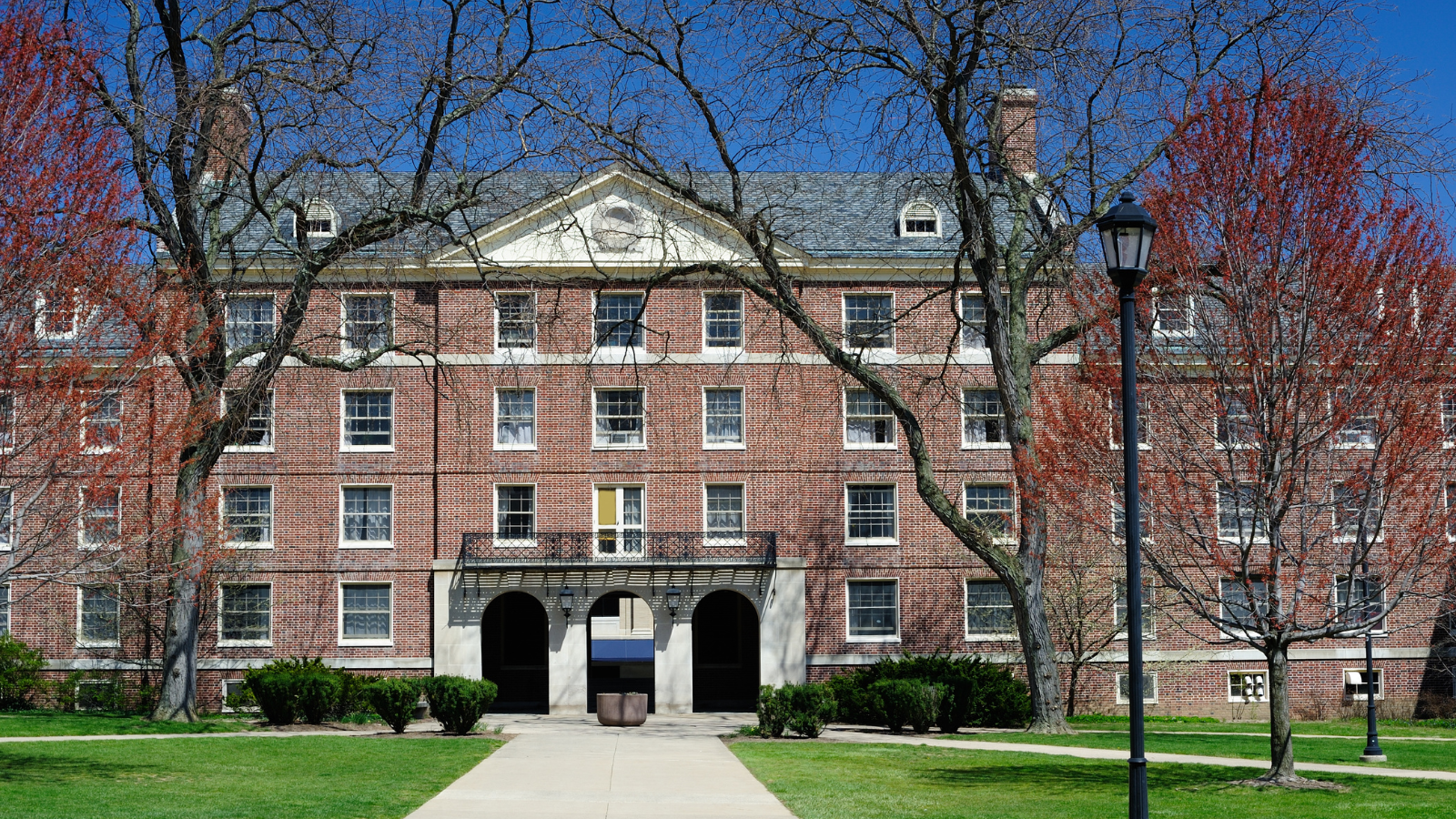Liz Magill, president of the University of Pennsylvania (Penn), has resigned from her position following a wave of intense criticism stemming from her recent congressional testimony on campus antisemitism.
Despite the controversy, Magill has agreed to remain in office until an interim president is appointed. This decision was confirmed in a letter by Scott Bok, chair of the Penn Board of Trustees, who also resigned on Saturday.
“It has been my privilege to serve as President of this remarkable institution. It has been an honor to work with our faculty, students, staff, alumni, and community members to advance Penn’s vital missions,” Magill said in a statement, according to Bok’s letter.
Last week, Magill, alongside the presidents of Harvard and the Massachusetts Institute of Technology (MIT), testified before Congress about measures their institutions are taking to protect students from the rise in antisemitism since the October 7 attack on Israel. The testimony, which was part of a five-hour House Committee on Education and Workforce hearing, sparked criticism from students, lawmakers, donors, and the White House, particularly around the university leaders’ responses to a pointed question by Rep. Elise Stefanik, R-N.Y., about whether “calling for the genocide of Jews” would breach their universities’ codes of conduct.
Although Magill condemned antisemitism at the hearing, her perceived evasion of the question from Stefanik led to heightened scrutiny, culminating in a letter from six Pennsylvania Congress members to Penn’s board of trustees demanding her resignation. This pressure was further amplified by threats from Ross Stevens, a hedge fund manager, to withdraw a significant $100 million donation from the university due to Magill’s comments.
Harvard President Claudine Gay and MIT President Sally Kornbluth have also received backlash for her testimony during last week’s hearing. MIT Corporation officials released a statement expressing their “full and unreserved support” of Kornbluth and her work in “addressing antisemitism, Islamophobia, and other forms of hate.” More than 650 faculty members at Harvard signed a letter urging officials to keep Gay as president. On Tuesday, the Harvard Corporation issued a statement saying they “unanimously stand in support of President Gay.”




















